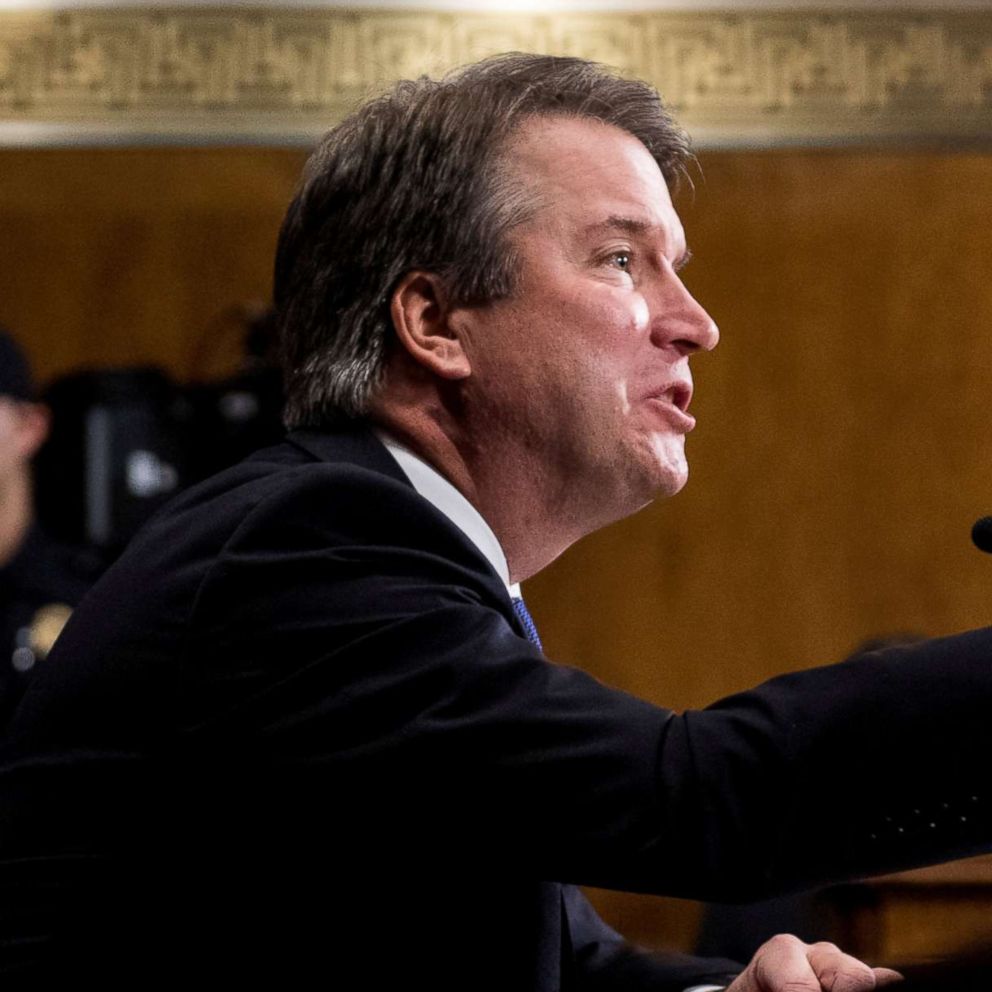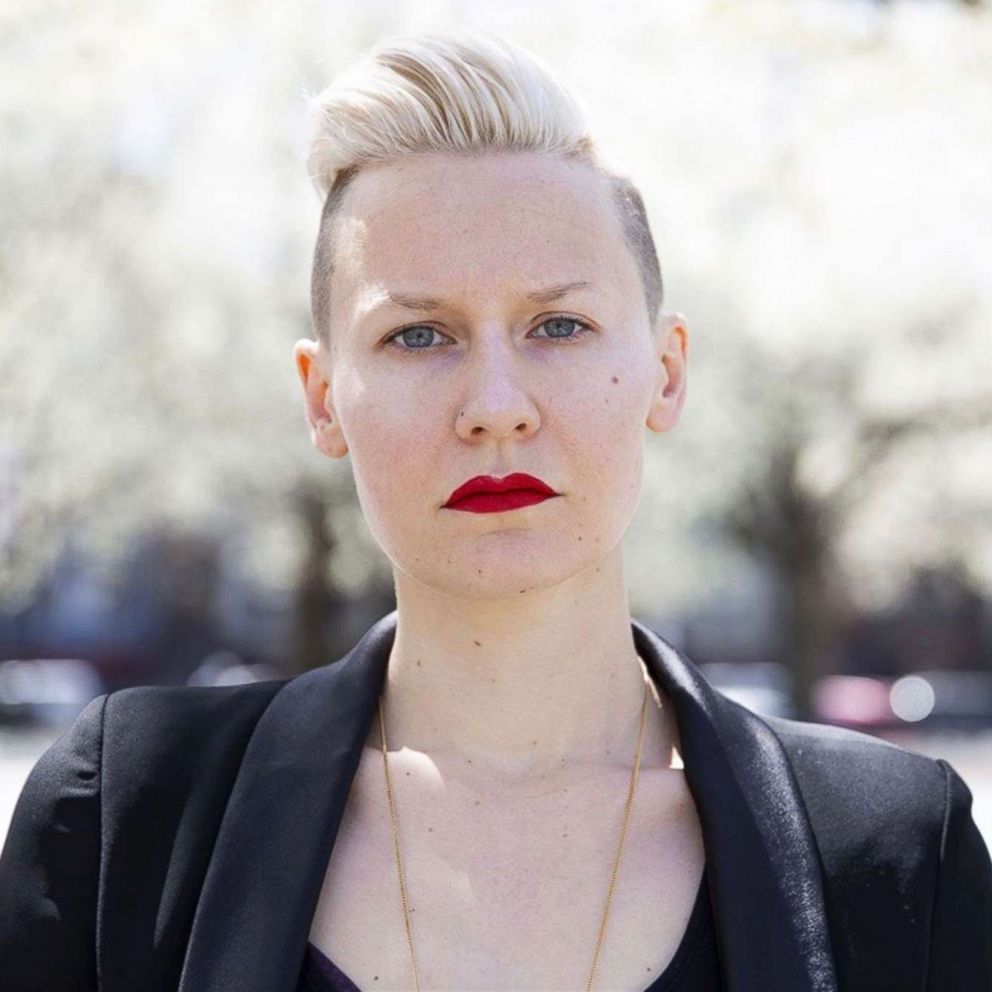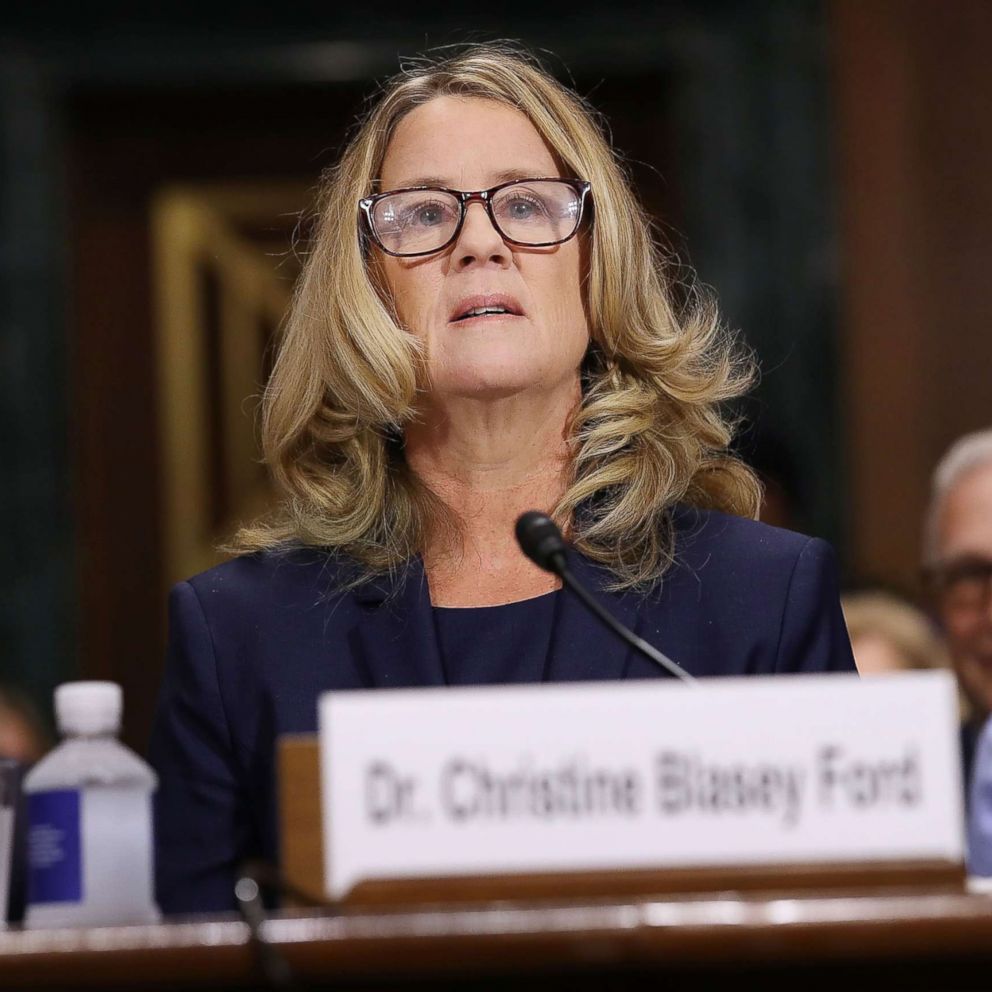Sexual assault survivor: What's at stake for survivors with Christine Blasey Ford's testimony
Abby Honold reflects on the impact of Christine Blasey Ford's testimony.
Abby Honold is a sexual assault survivor and activist who is fighting for legislation that would require more training for authorities who interview sexual assault victims to incorporate a trauma-informed approach.
Sexually assaulted at 19 years old at the University of Minnesota, Honold had to fight for nearly two years to put a fellow student and serial rapist behind bars and then still suffered from PTSD (post-traumatic stress disorder). That's when she decided to start working to make a change for other sexual assault survivors. The "Abby Honold Act" was introduced into Congress in December 2017 and is in the first stage of the legislative process.
Here Honold reflects in a column on the impact that Christine Blasey Ford's testimony may have for current and future sexual assault survivors.
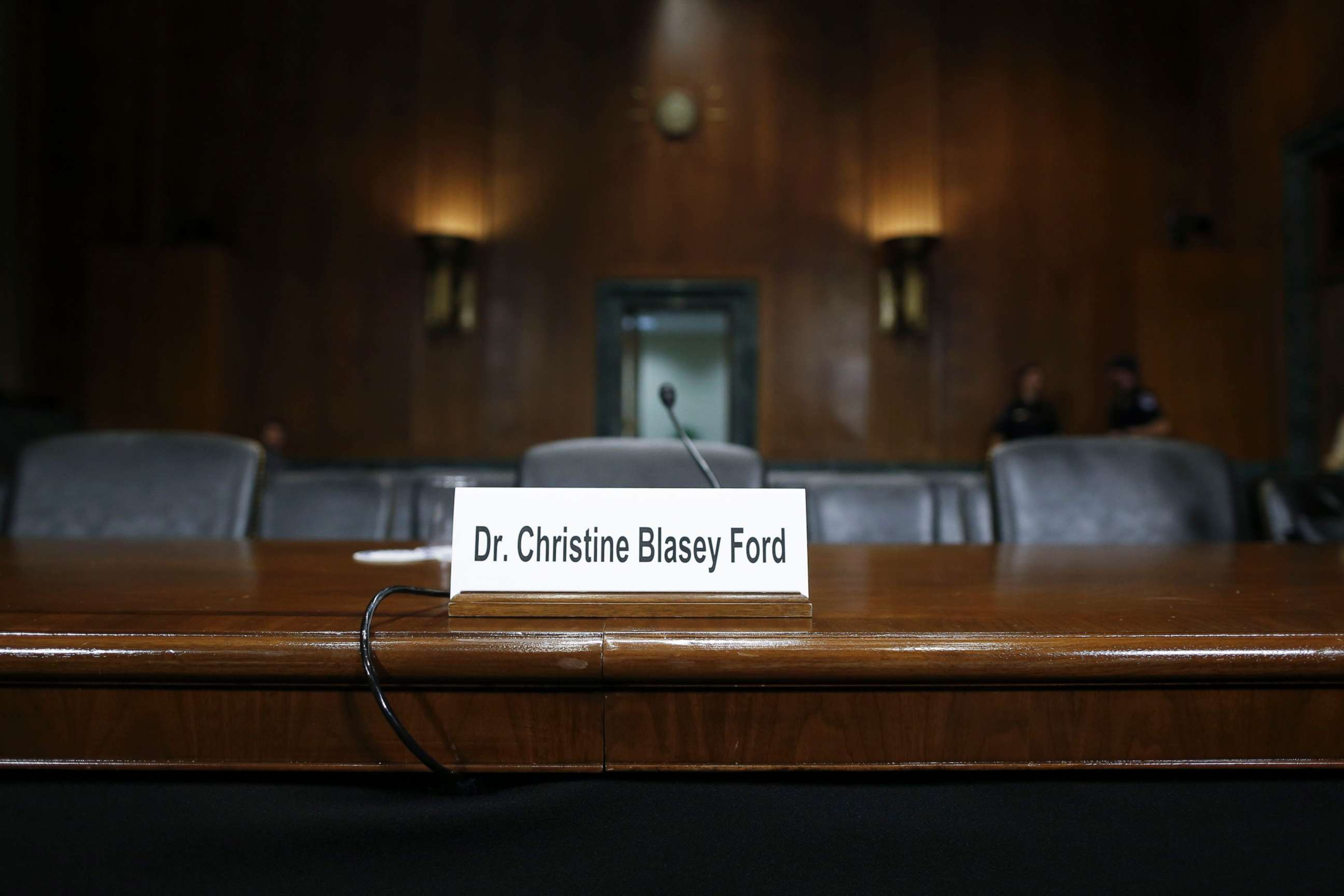
-----
Today is a defining moment in American history.
As Brett Kavanaugh and Christine Blasey Ford appear before the Senate Judiciary Committee, there are impressionable young people across the country, including survivors of sexual assault, who are listening to the discourse. The words and questions they hear today will stick. The outcome of the hearing will have an impact on young people.
Ever since Ms. Ford broke her silence and came forward to accuse Kavanaugh of sexual assault when they were both in high school, (Kavanaugh has vehemently denied the claim), I’ve been thinking of how the discourse about sexual assault while I was growing up in the 1990s and early 2000s affected me.
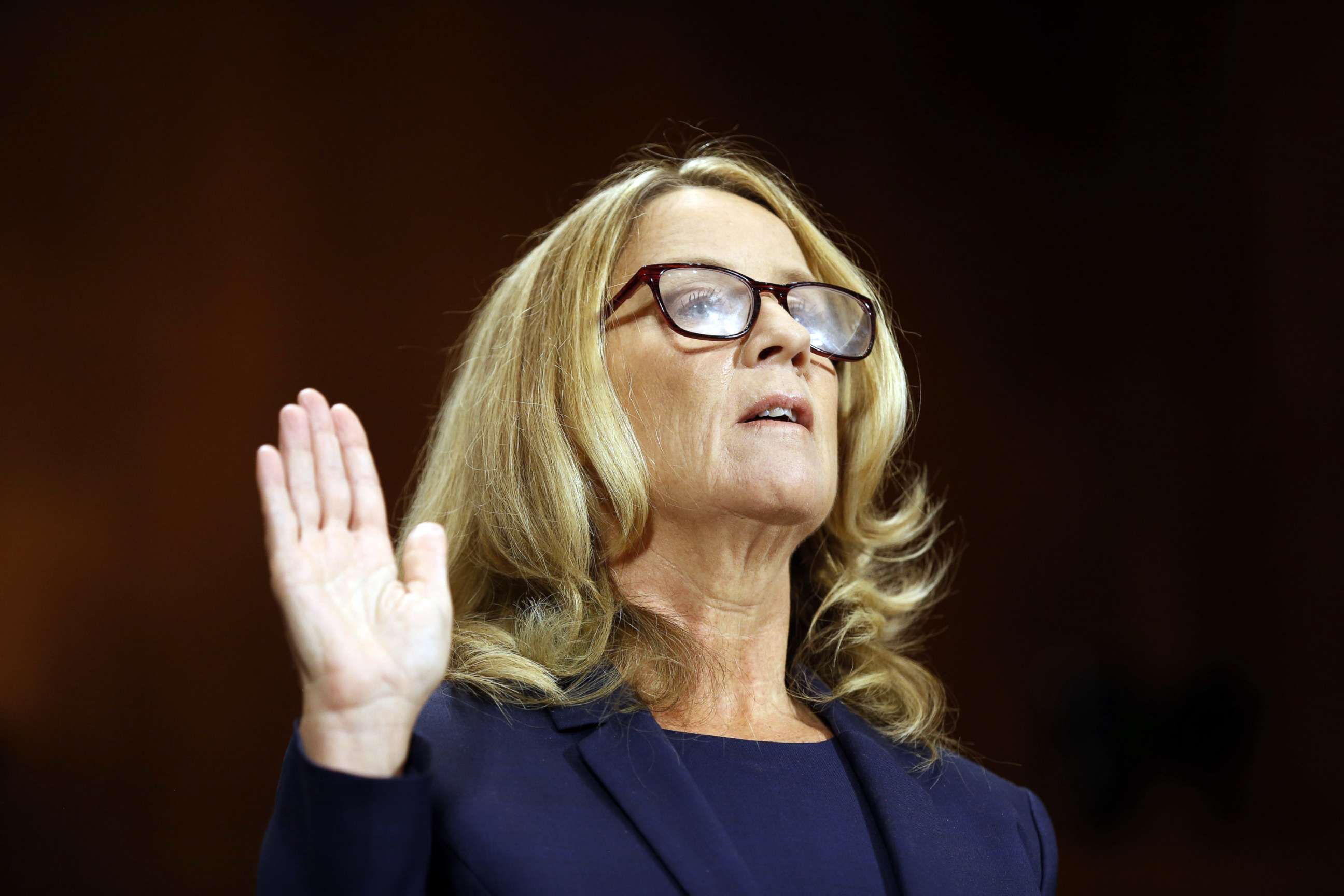
I was 19 years old when I was raped. It certainly wasn’t the first or only time someone had hurt me, but it was the most impactful and severe. I reported it and he is now in prison. By the time this happened to me, I had internalized some pretty harmful messages.
Reporting will ruin his life.
You should think hard about whether this is worth it.
The only women who speak out about sexual assault are the ones looking for money or fame.
If you weren’t physically fighting the whole time, you were consenting.
If you were drinking, you share the blame.
If you are inconsistent or incorrect on a single detail, you are making all of this up.
What kind of girl would be alone in a room with a man she doesn’t know?
You should have known better.
This is your fault.
Sound familiar?
Many of these same harmful messages have filled my social media feeds since Ford broke her silence, taking me back to the language I first learned about sexual assault. These are the things I have spent years in therapy un-learning. But they are things that many people still firmly believe, even though they are flat-out wrong.
I speak about sexual assault as part of my job now. I go to schools, workplaces, conferences and training groups. A lot of people, when they hear this, tell me how easy it must be with teenagers today. They have internet access, after all; they must know so much more about consent. Unfortunately, I haven’t found that to be true. I can’t count how many young, scared teenage girls and boys have approached me with horrifying stories of trauma only to ask “but that’s not real rape, right?” because they have been raised to believe that victims are responsible for their own assaults; that unless a stranger jumps out from a bush with a weapon, it’s not “real rape.”
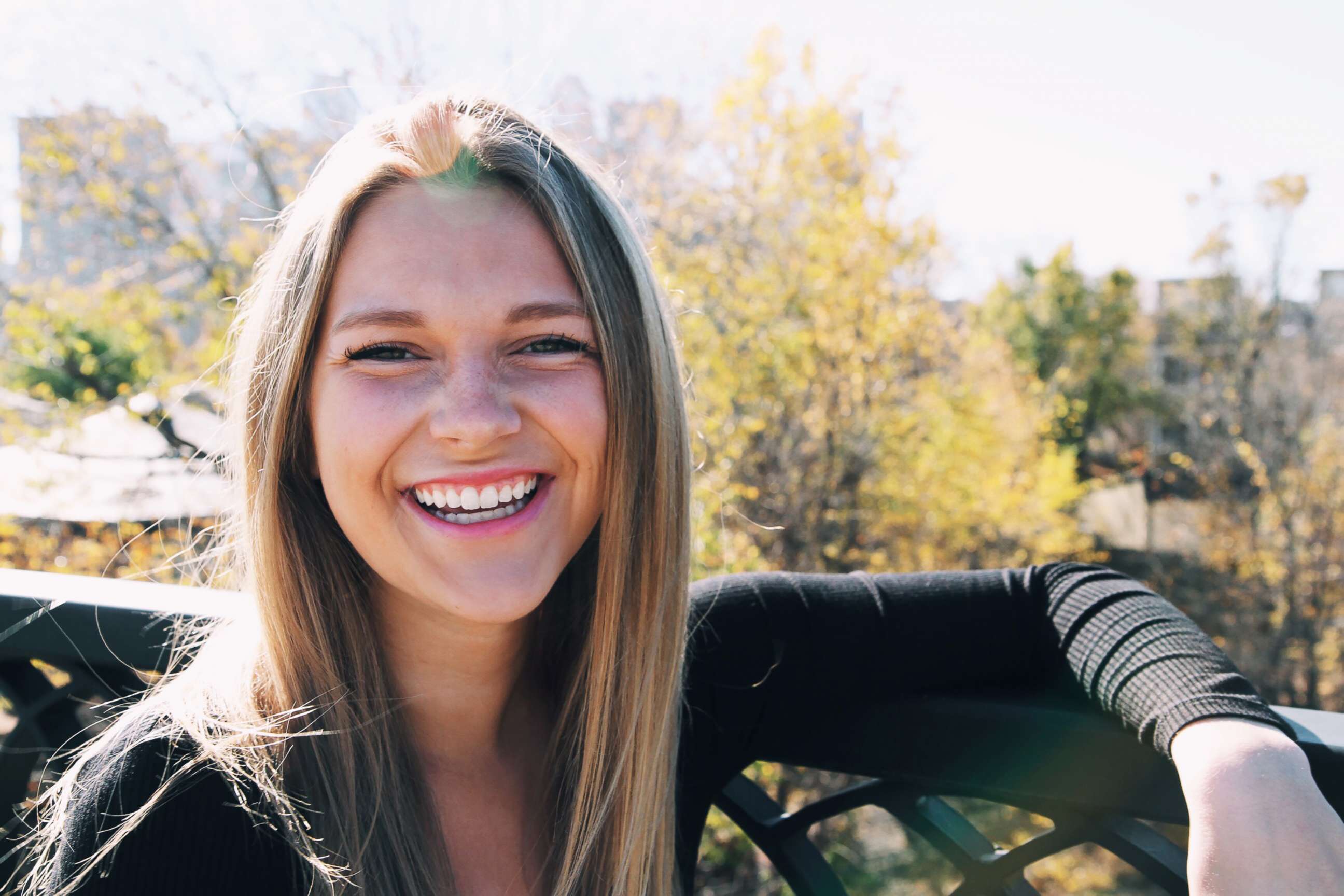
All victims know that what’s happening to them is not quite right. Their awareness of exactly how “not right” their experience is depends on what they hear from adults in their life. What they hear in the news, in the media.
I have met some extraordinarily courageous young people who have told me their stories without shame and guilt. These young people almost always have family who have reaffirmed their experience to them. They have been told that they matter, and that they deserve to be heard. They have been told that taking advantage of another human being’s vulnerability is wrong.
Let’s review: It doesn’t matter how you were dressed, what you were doing at the time or what your relationship with the person who hurt you was.
Nothing excuses sexual assault.
Sexual assault happens to people of all genders, races, ages and sexual orientations. Nothing about who you are or what you did caused your assault.
The vast majority of survivors I hear from did not receive that affirmation. Here's what others told me they heard instead: My friends told me that wasn't "real rape." My parents told me to stop talking about it. My teacher told me it was my fault. The cop I reported to told me that nothing could be done, and I needed to be more careful next time.
I can't count how many people I have heard from who were suspended or expelled from their school for reporting a sexual assault; because they were the only student involved who would admit to being at a party with alcohol or drugs.
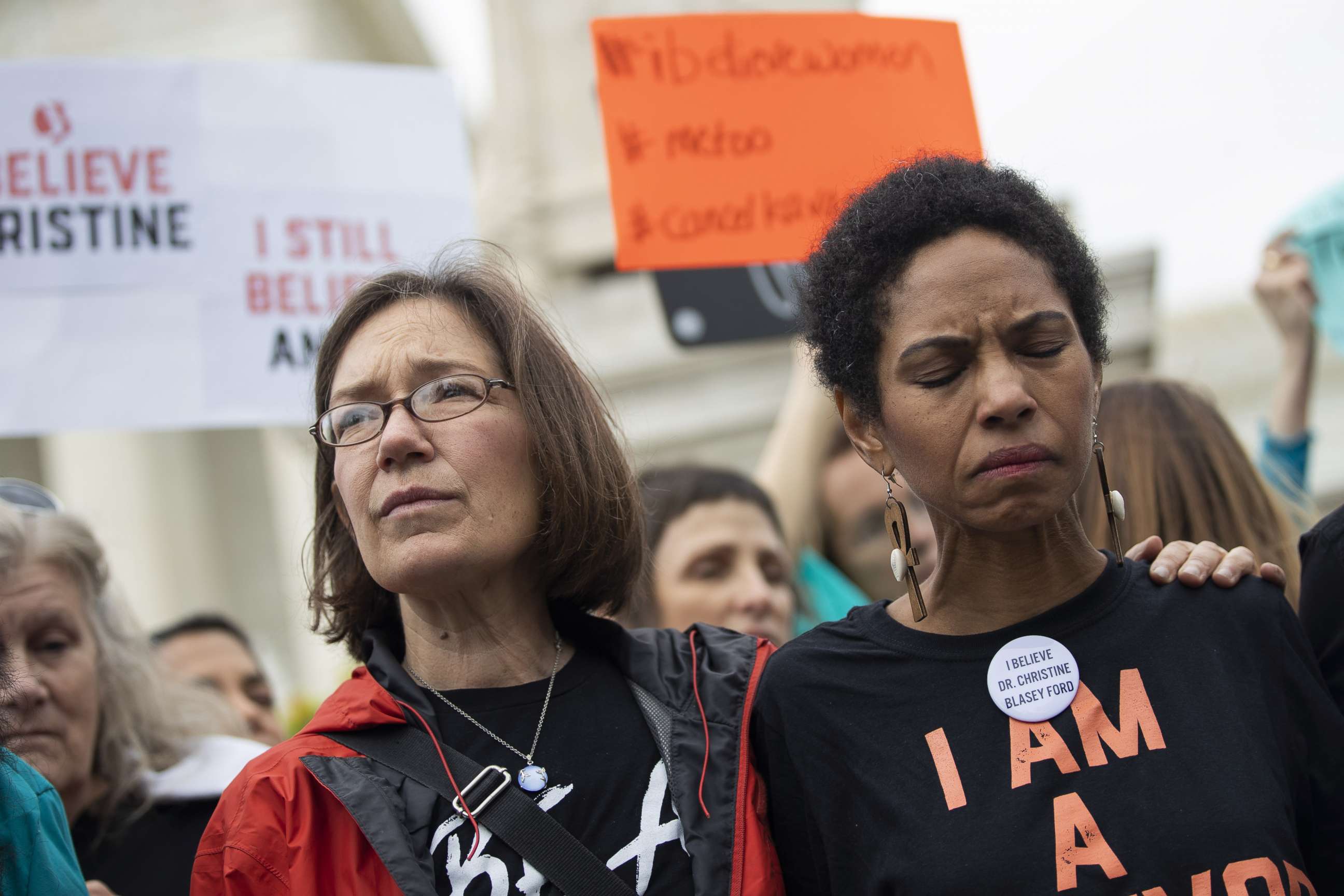
I’m not interested in taking part in the dialogue about the technicalities of the allegations against Kavanaugh. I’m interested in a dialogue about how we collectively as a nation and community respond to them.
We have told women that their voices don’t matter equally. We have told male victims of assault and abuse that there is something inherently wrong with them; that they shouldn’t be part of the conversation at all. We have told young boys that their destiny in this world is inherently tied to violence and power, instead of encouraging them to be good, empathetic people in the world. We have told generations of children and teenagers that if they don’t wait for marriage to have sex, they are worthless and ruined. We have told survivors of abuse to stay silent, unless they want their every life decision to be ruthlessly and publicly questioned. We have failed.
Let's not repeat history from 1991 with the Anita Hill hearings. Let's not fail the next generation of young people. Let's work together to create a culture of support for sexual assault survivors and change how we treat women who come forward.
You can seek help by calling the National Sexual Assault Hotline at 800.656.HOPE (4673) to be connected with a trained staff member from a sexual assault service provider in your area.
